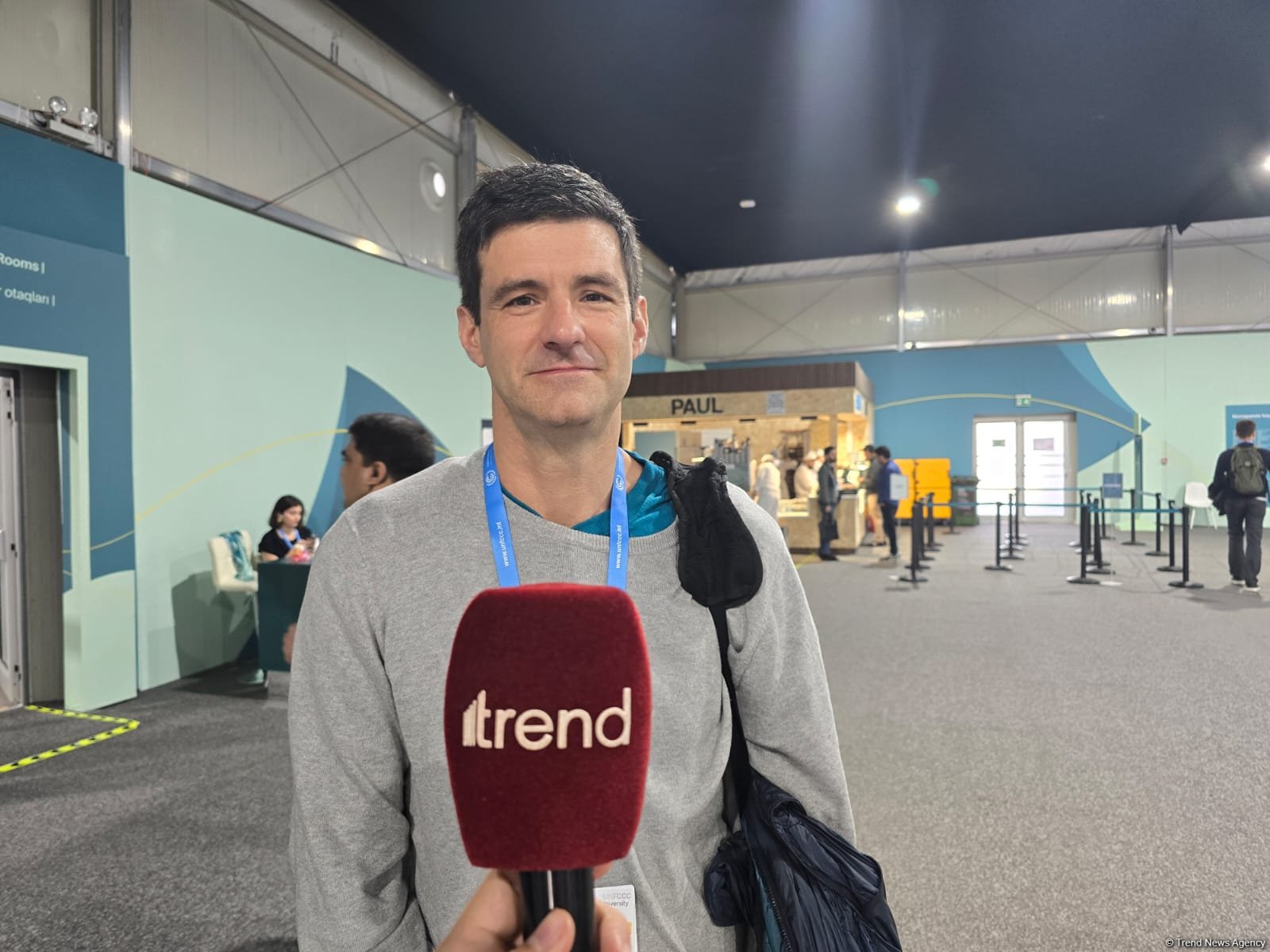
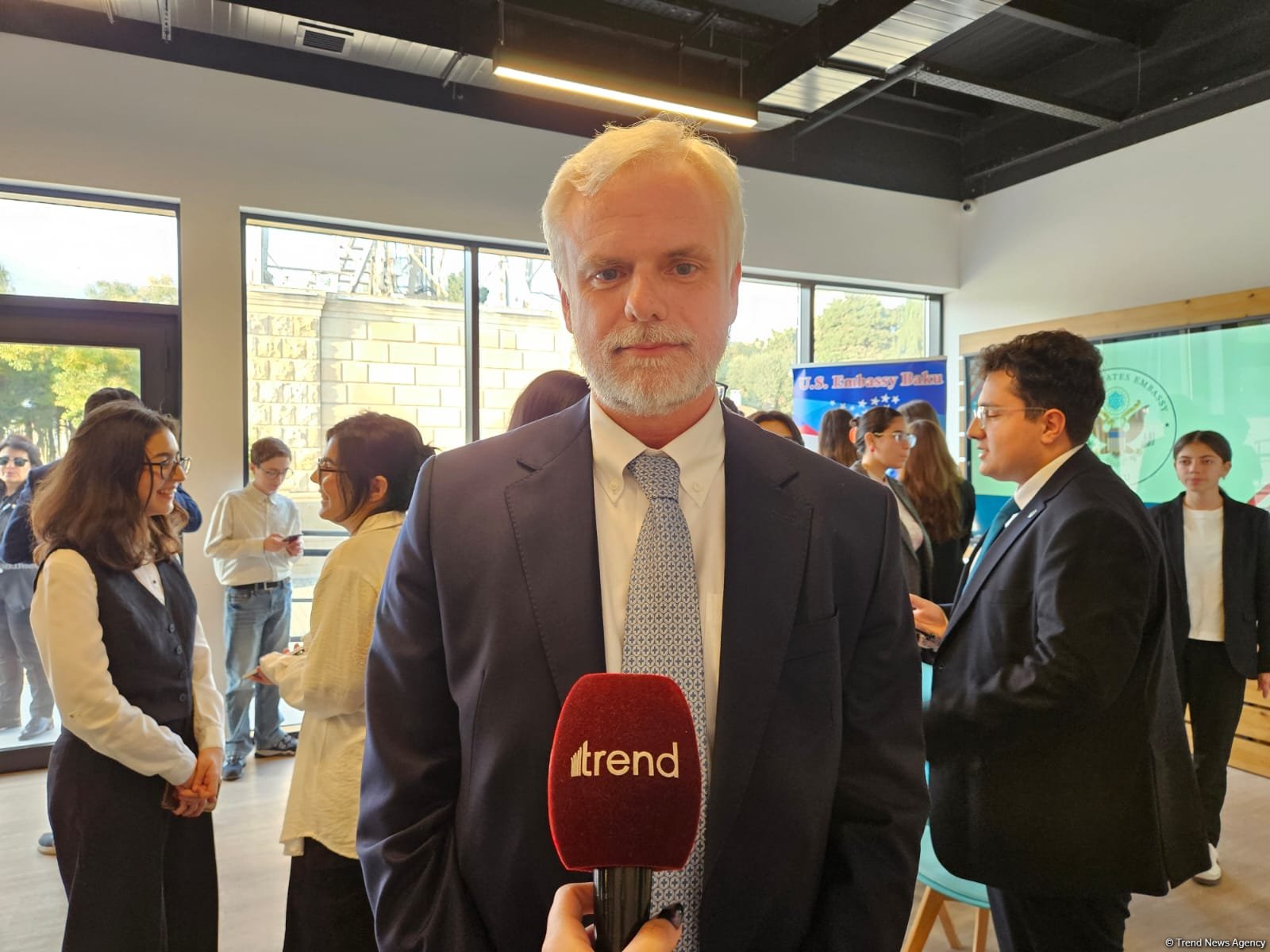
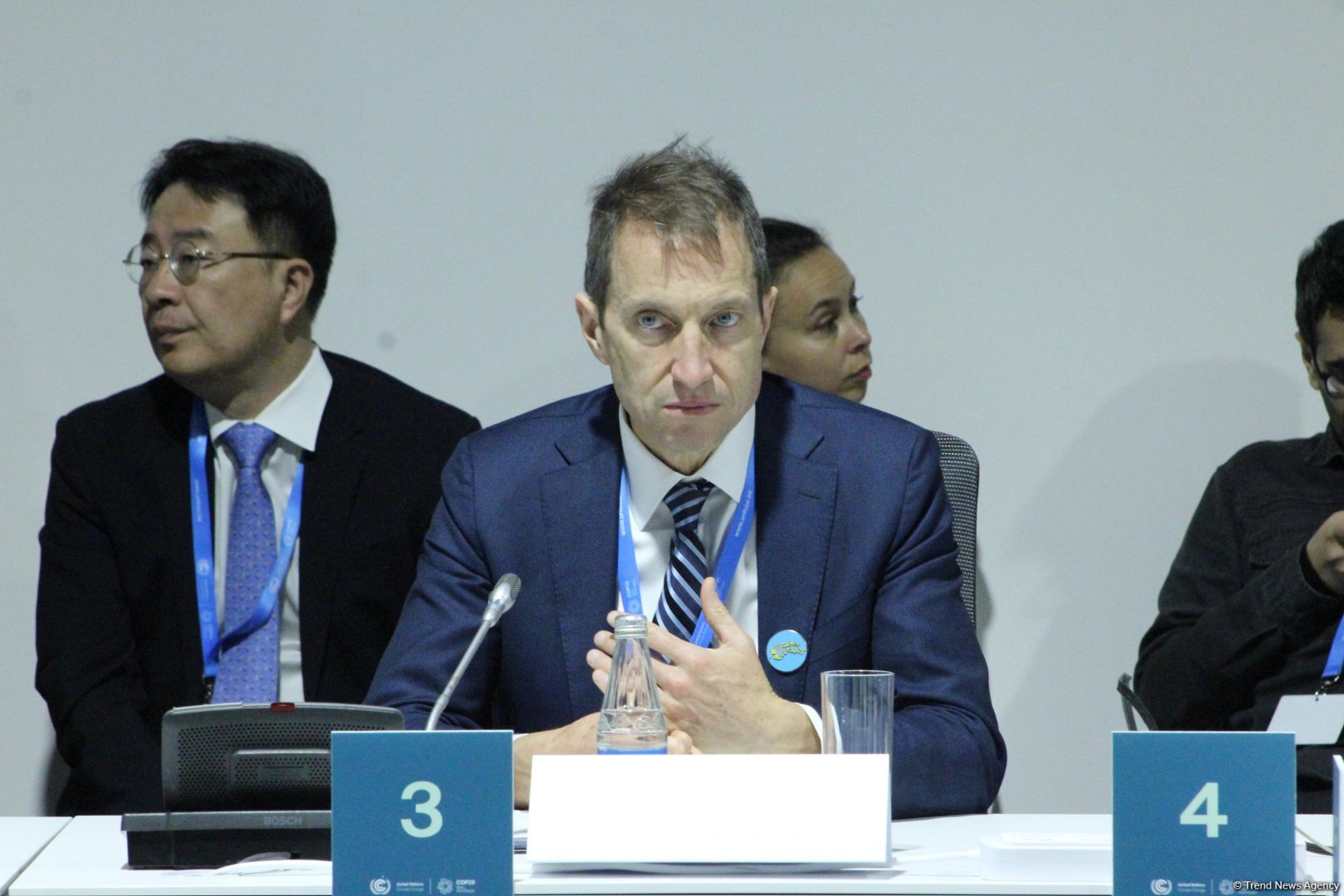
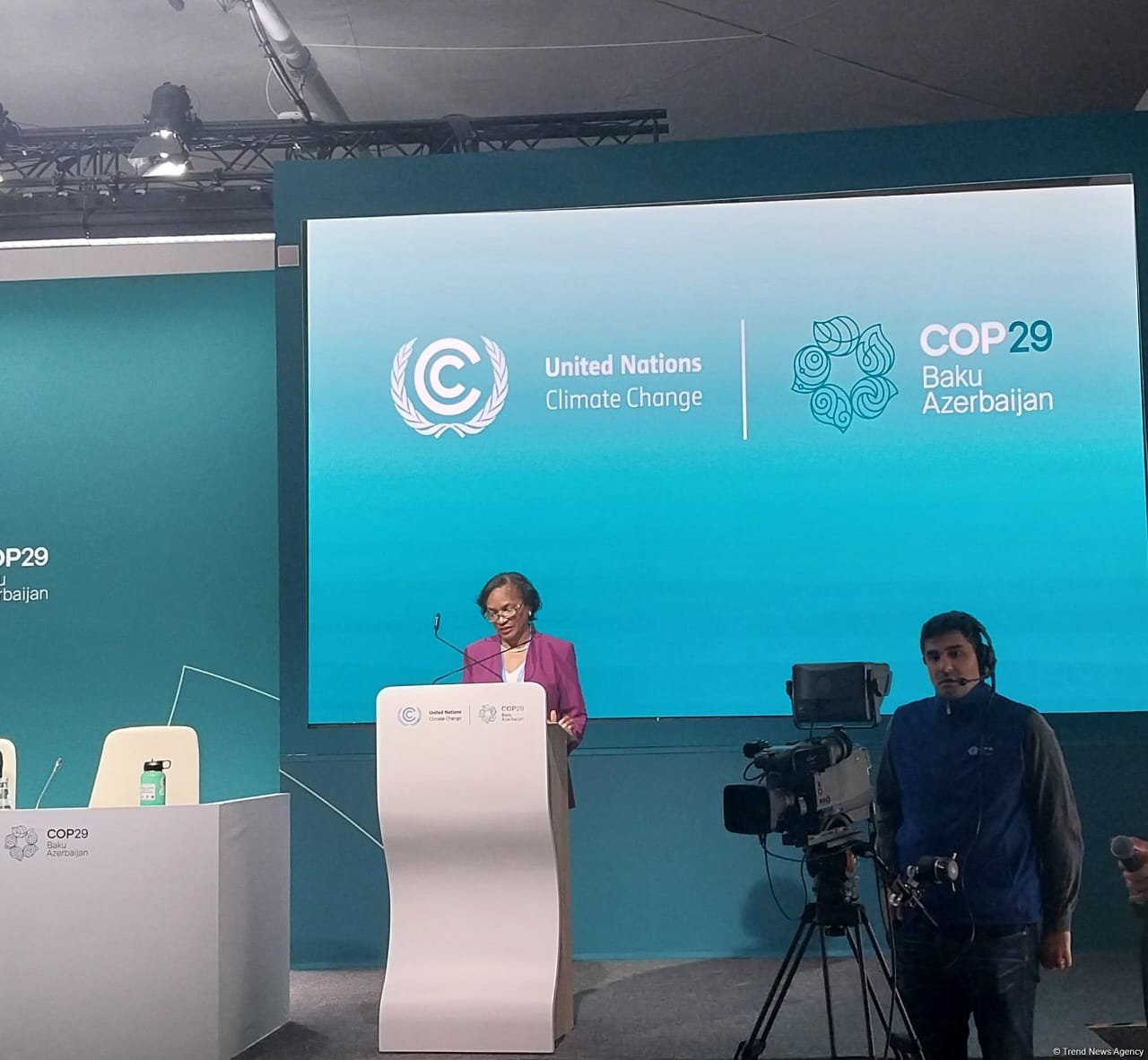
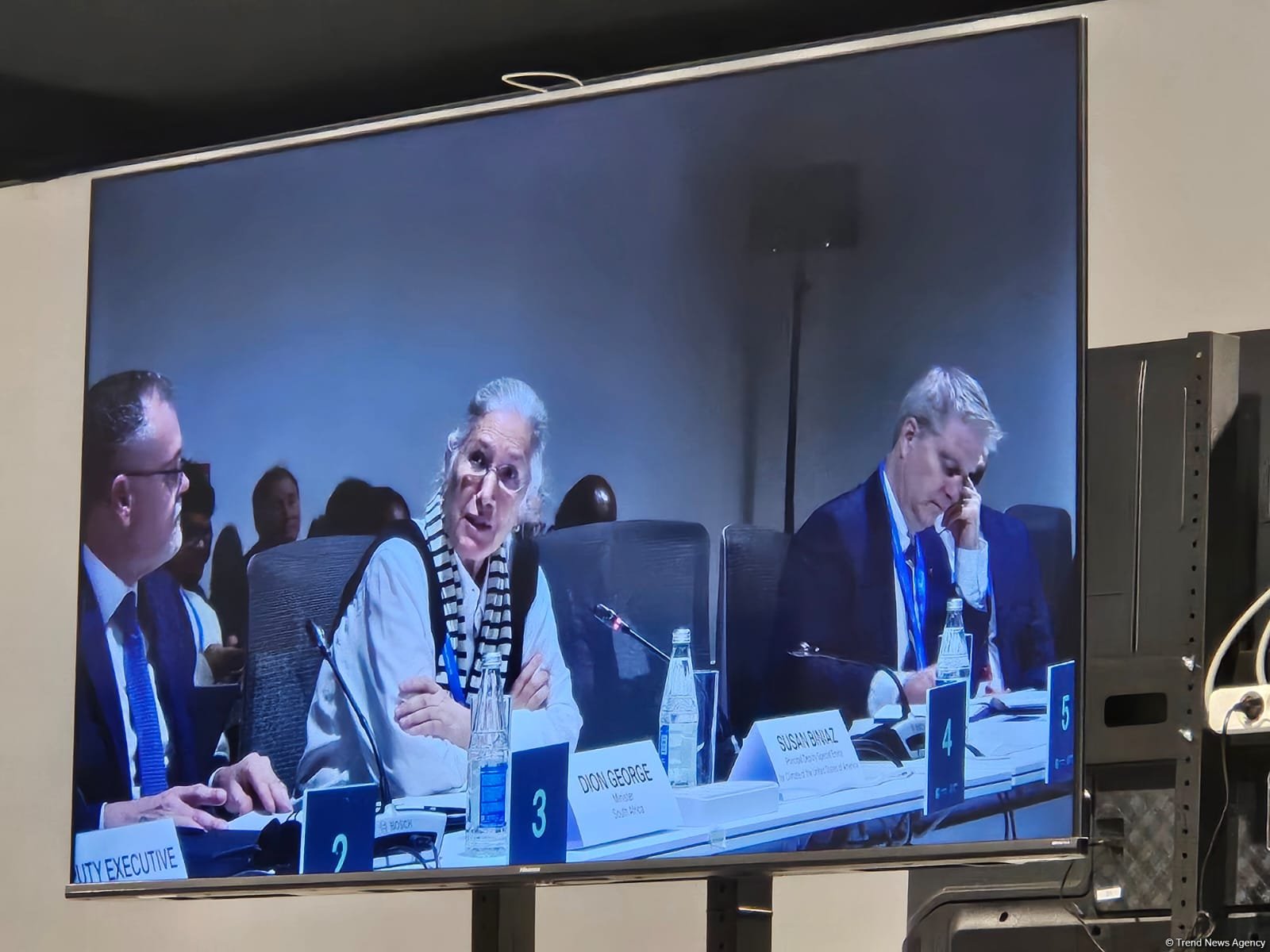
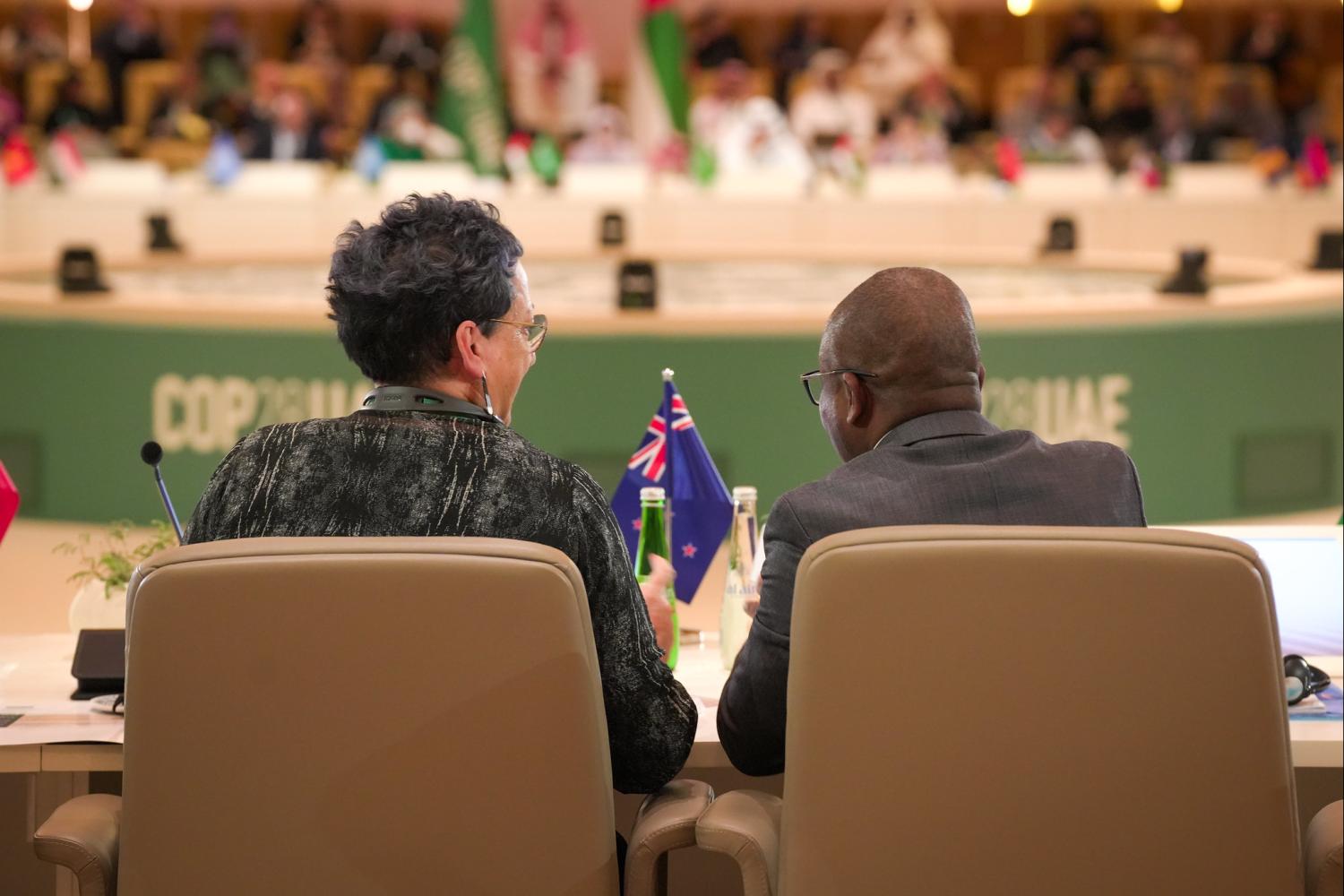
As COP29 unfolds in Baku, Azerbaijan, from November 11 to 22, 2024, the summit has become a focal point for global climate negotiations. Mark Urban, a professor at Moravian University, emphasized the significance of this event for his students' cultural experience, highlighting the educational value of participating in such a pivotal international gathering [c242a31c].
The conference, which saw a summit of world leaders on climate action on November 12-13, aims to establish a New Collective Quantitative Goal (NCQG) for climate finance. This goal is crucial for mobilizing resources to combat climate change effectively [c242a31c]. In addition to the NCQG, COP29 has launched 14 initiatives that link climate action to the Sustainable Development Goals, showcasing a comprehensive approach to addressing environmental challenges [c242a31c].
The United States has underscored the significant role of methane in climate change, with Deputy Special Presidential Envoy for Climate Action, Rick Duke, stating that methane accounts for a third of current climate impacts. This highlights the urgency of addressing methane emissions as part of global climate strategies [3cb5c203].
US Ambassador to Azerbaijan Mark Libby noted the Azerbaijani Presidency's efforts to build consensus among nations at COP29, emphasizing the complexity of issues such as targets, mitigation, and funding. The summit marks the first COP event held in Azerbaijan and is expected to yield significant outcomes [608a3bd7].
The US has also launched its National Strategy for Reducing Food Loss and Waste, which includes over $100 million for waste infrastructure grants, aiming to tackle organic waste—a major source of methane emissions. This initiative aligns with the broader goals of COP29, which seeks to establish a New Collective Quantitative Goal on climate finance [3cb5c203].
Brenda Mallory, Chair of the White House Council on Environmental Quality, announced billions in investments to enhance community resilience against climate impacts, part of President Biden's goal to conserve 30% of the nation's land and water resources by 2030 [3c336df3].
Youth engagement has been highlighted as a crucial element in combating climate change, reflecting a broader recognition of the importance of involving younger generations in climate discussions [608a3bd7]. As COP29 progresses, the focus on methane emissions, waste management, and youth involvement reflects a growing recognition of the need for comprehensive strategies to combat climate change effectively [6b0f1685].
The ongoing discussions at COP29 are critical as 198 countries are parties to the UN Framework Convention on Climate Change, which was signed in June 1992. The interplay between national policies and international commitments remains crucial in shaping the future of global climate goals [6784423f].